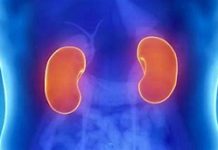EDITOR PICKS
POPULAR POSTS
Recent Posts
- Arene Lifesciences Limited-Walk-In Interviews for fresher & Experienced On 16th & 17th April 2024 April 15, 2024
- Gland Pharma-Walk-In Interview for freshers in Production/ Packing/ R&D On 18th April 2024 April 15, 2024
- SRF Limited -Pool Campus Drive for Freshers – Apprentices On 19th April 2024 April 15, 2024
ABOUT US
"Pharma Pathway" is a path for pharmaceuticals professionals which provide all goods manufacturing techniques & a way of healthy living, health cart will grow your business. Contact us: info@pharmapathway.com
© Pharma Pathway










